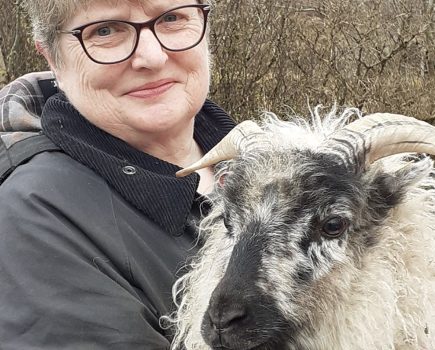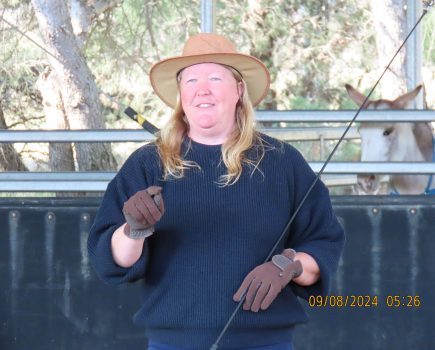Many smallholders have a classic tractor, and treat it as their pride and joy. Emotion aside, are they really worth having? Neil Bookless investigates
One of the joys / necessities / trials (delete as appropriate) of running a smallholding larger than about two acres is the likely need to own a tractor to help with the daily chores. Whilst there is no question that a tractor can make life a lot easier, making the wrong choice can cost you both time and money. Obviously, if money is no object, you have a wide choice of manufacturer, both big and small, keen to sell you one of their latest compact or sub-50hp models, complete with warranty. However, for those of us operating slightly closer to subsistence farming levels, there are still a large number of classic tractors keen to work, which may offer the thrifty smallholder a lower capital cost. So what is a classic tractor? Classic, when applied to any form of automotive machinery – as far as I am concerned – suggests something built to last, probably from the mid 1950s to late 1960s period. In reality, it is probably the vehicle or machine you can first remember as a child or new employee, vintage being the same, but for your father or mother! If planning to buy, restore and show your tractor, rather than simply keeping it as a trusty workhorse, pre-1959 is generally considered ‘vintage’, whilst 1960 to 1975ish is ‘classic tractor’ country; it’s worth checking your local agricultural Show or tractor club’s interpretation before you buy, thus avoiding an expensive or time-consuming faux pas… A further consideration for the exhibitionist owner is likely to be tow-ability; can you stick your newly restored pride-and-joy on a trailer, and tow it legally behind the family saloon (see March 2012 article), or will you need a lorry and police outriders? Most of the Grey Fergies or Fordson Dexta tractors are probably tow-able; anything larger will likely require specialist transport… A further prerequisite for achieving ‘classic’ status, I would suggest, is ‘Still available in reasonable numbers, today’. If the Rust Moth has not eaten it in the intervening 50 years and it still works as intended, it was probably well made – thinking tractors, Ferguson or Massey Ferguson, Fordson Major, Dexta or possibly Nuffield or David Brown are likely to fit in to this description. Where to buy? Whilst well-known internet auction sites are a good place to source spares, they can be risky for the novice tractor buyer. You will find the same (overpriced) machines appearing time and time again; if they didn’t sell the first three times, there is usually a good reason. In fact, many of these machines have actually been bought at a farm sale or real-life auction, of which there are a number across the country each year, ‘tarted-up’ and sold for profit. My personal order of preference, for sourcing classic or vintage tractor, is usually: • From a friend; • A farm sale – direct from the last owner / operator; • A classic or vintage auction held by one of the reputable auction houses; • A general machinery auction (but do ask yourself why the tractor is not being sold in a classic auction…), or • The internet – always pay with PayPal. To read Neil’s article in full, see the November issue of Country Smallholding.Photo courtesy Classic Tractor magazine.







